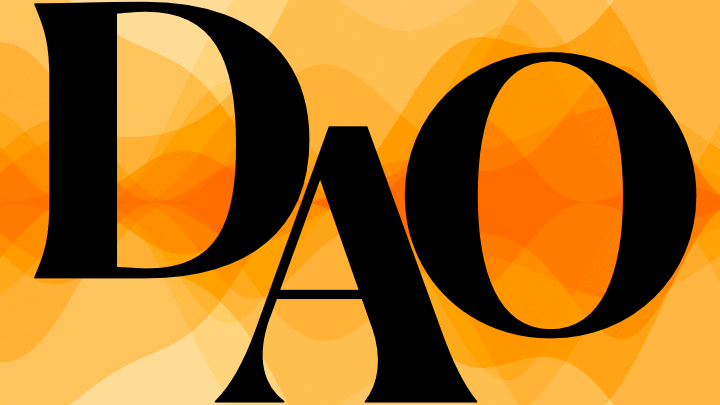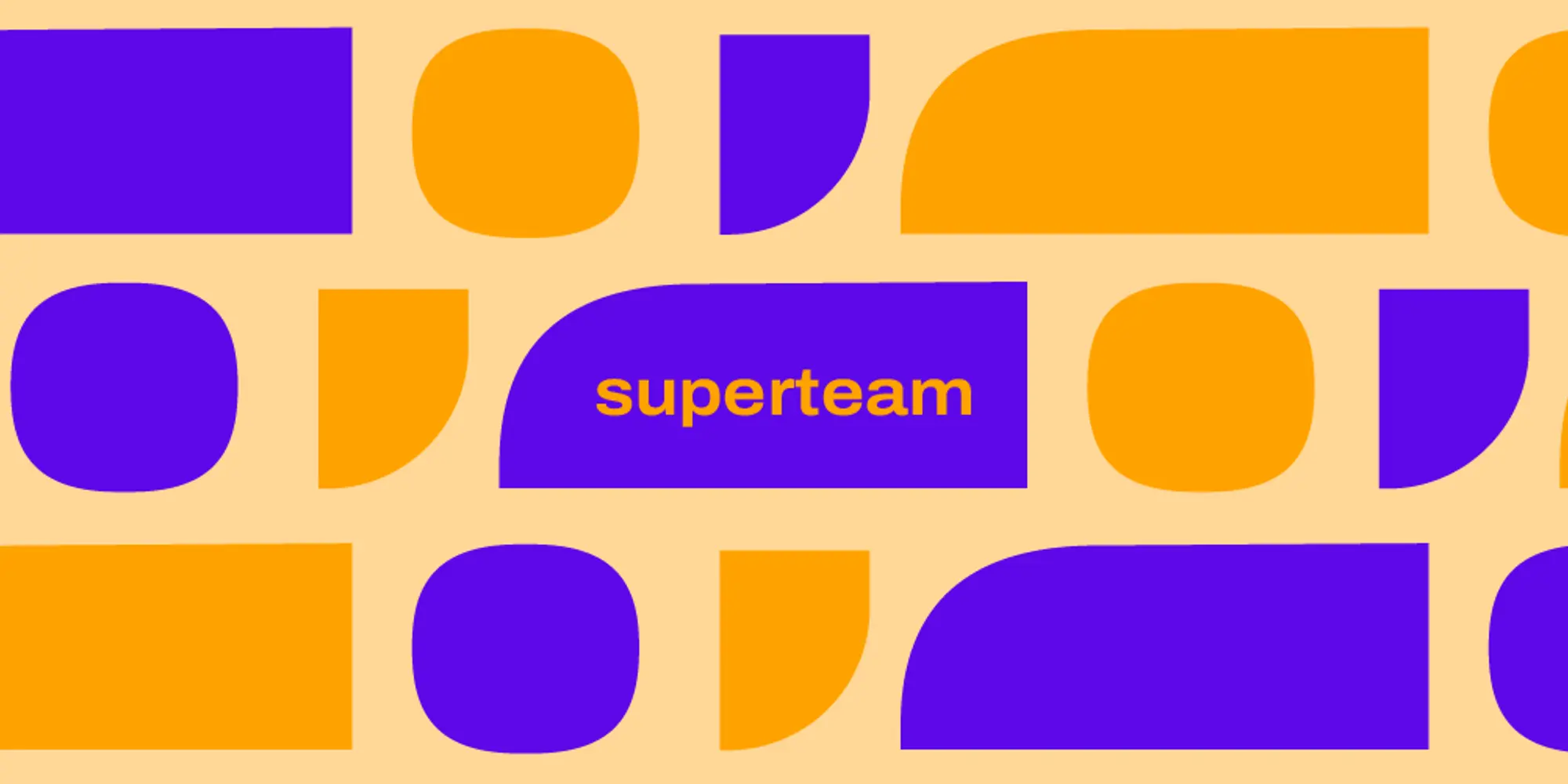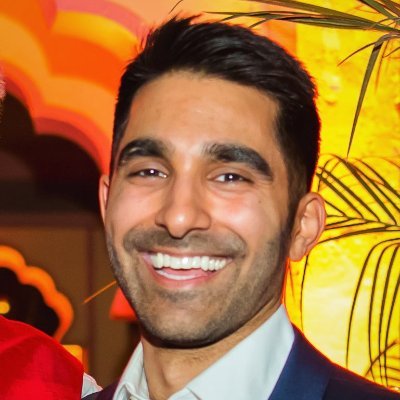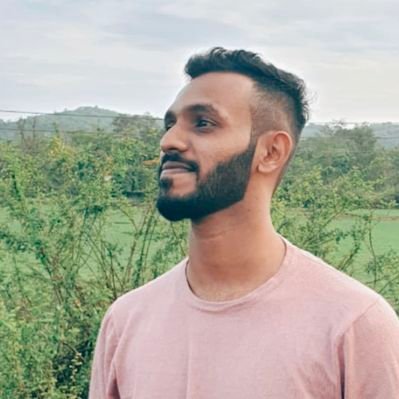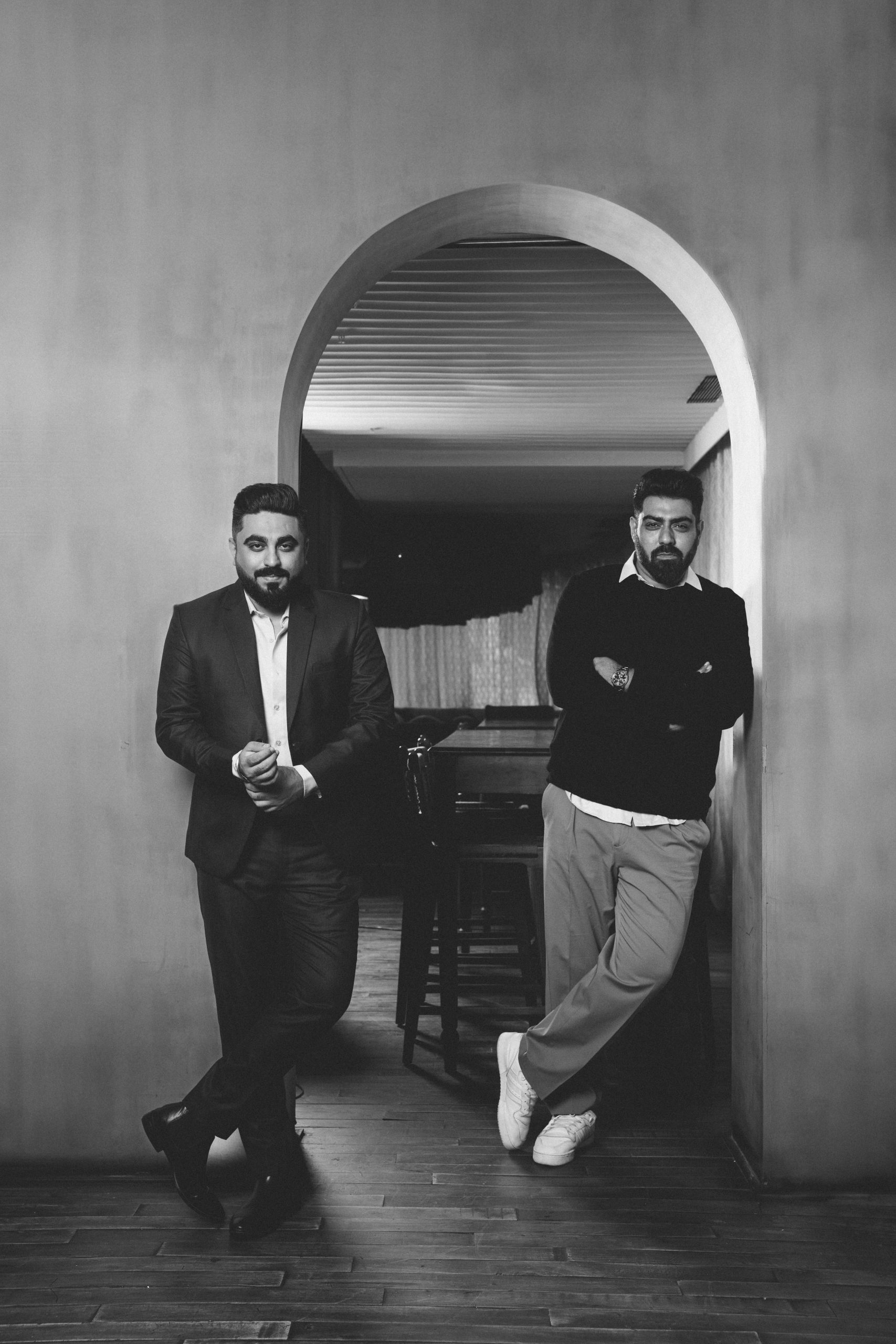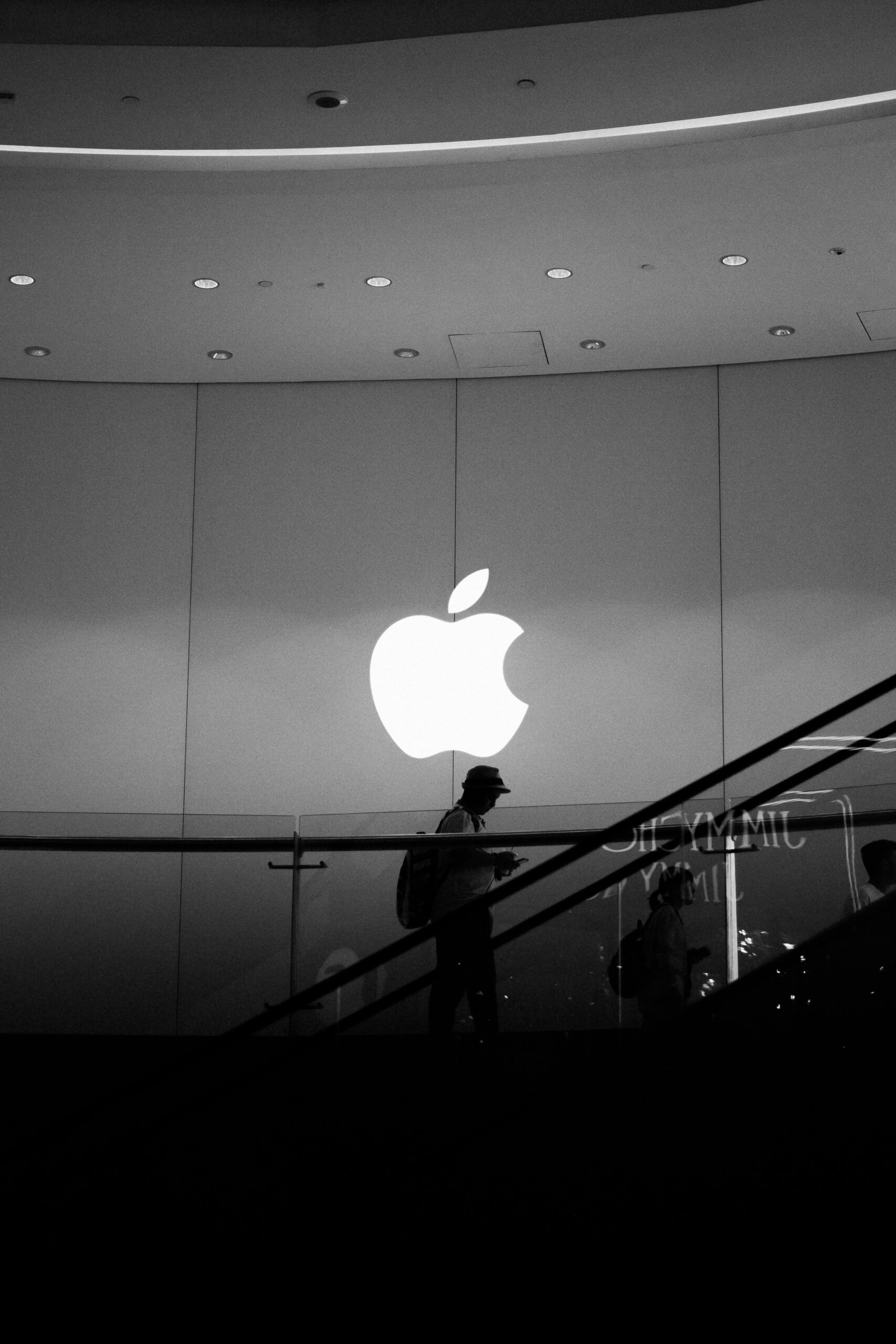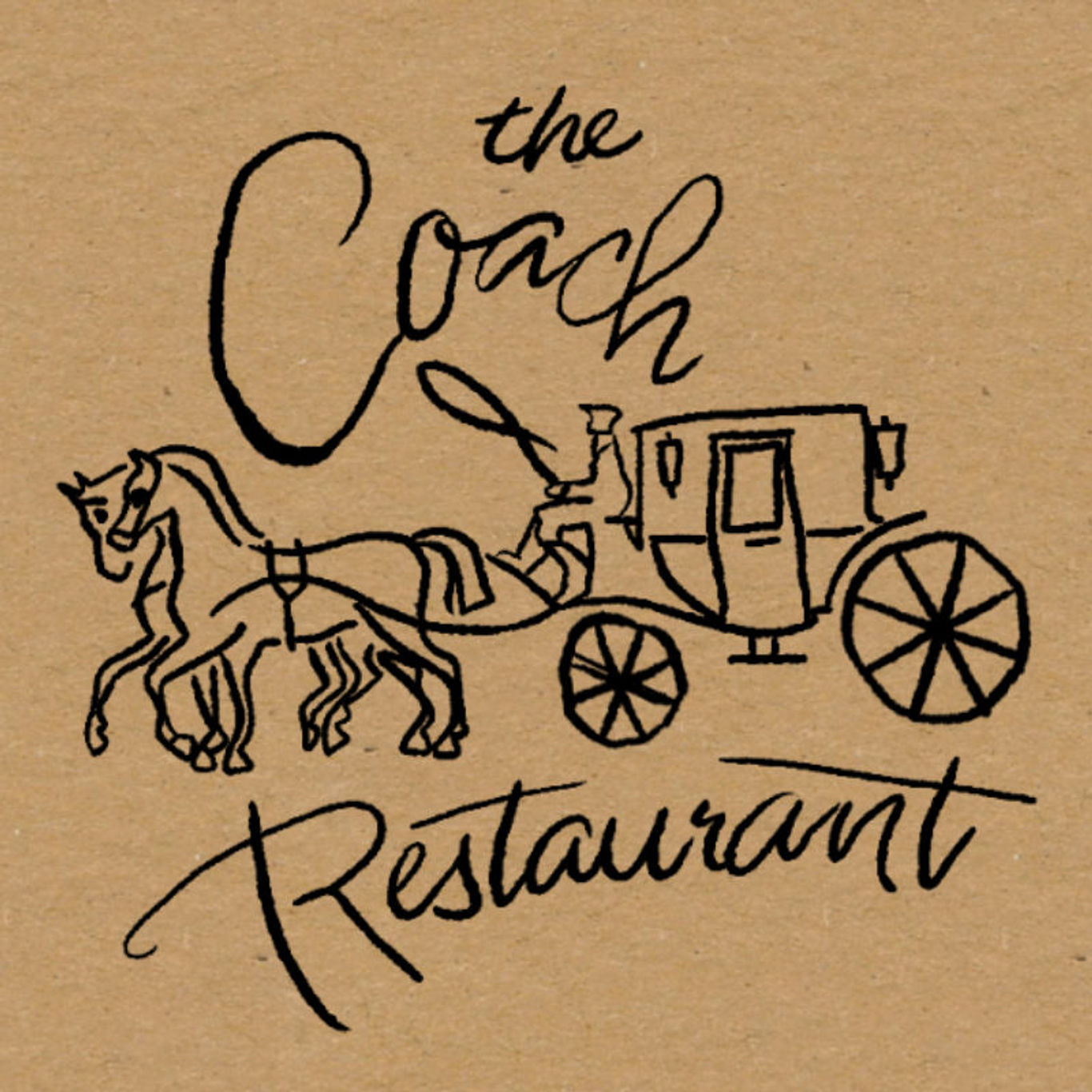In the Web3 wormhole, you shall find workplaces of the future run by communities with a bank account.
Welcome to the world of DAOs.
To say that there has been a lot of excitement around the Crypto universe lately would be an understatement. The speed at which this space is evolving can overwhelm the living daylights out of any individual. Add to that, the slew of acronyms and lingo that it brings about – DeFi, ERC20, NFTs among others – makes the space seem even more alien and complicated to say the least. Thus, it isn’t surprising to see most of us ignore the concept altogether.
However, ignorance isn’t bliss when it comes to technological advancement. Taking one step at a time and finding where your shoe fits within the framework is key in order to unlock future potential.
Svasa Life has discussed the advent of NFTs at length in the past few months, today we shall touch upon another three-letter acronym that one needs to keep an eye out for: DAO.
So what is a DAO?
The term DAO stands for Decentralised Autonomous Organisation – owned and managed by a community with a bank account or a treasury, that contributes to a particular solution or a product.
Like every other Web3 product that essentially aims to solve problems faced by Web2 entities, DAOs challenge traditional office structures to pave the way for the future of work.
The key difference between DAOs and most traditional organisations is that there is no central leader, hence the term ‘Decentralised’. Any type of business can operate as a DAO, including content platforms. Creators and even their fans can actually take ownership of these platforms by setting the rules and voting on key decisions.
In addition to this, the transparency and equitable opportunity that comes about with DAOs is unparalleled, making the system as democratic as possible.
For example, DAOs provide their community with a clear set of rules and regulations, all of which are privy to the members who can in turn see the code that governs the network as all transactions are transparent.
It is truly refreshing to see a community framework which isn’t designed like a walled garden, thereby enabling members to collaborate at a global level with ease, irrespective of their location, caste, sex, gender or any other parameter that would otherwise restrict an individual to one specific organisation.
(L-R) Kash Dhanda, Abbas Shaikh, Raj Karia.
Kash Dhanda – “sherpa” at Superteam DAO categorised DAOs into three subsets:
Eternal: These exist for as long as the blockchain is up and running. Most protocol governance DAOs fall under this category. Example: Curve Finance
Enduring: DAOs that require continuous input and support of the community to accomplish the shared vision fit into this category. Example: Superteam DAO
Ephemeral: Time bound DAOs that are built with a specific objective in mind. They will either shut down once the objective is achieved or evolve into an Enduring DAO. Example: Constitution DAO
Being a member of Superteam DAO, I’ve been privy to the way a part of that universe functions and have got the opportunity to interact and learn alongside the community.
As a lead of the bounty program that enables earning opportunities for the folks in Web3 and outside of it, Abbas Shaikh (full time web3 strategist and Bounty Sheriff at Superteam) was my first point of contact in my exploration of DAOs.
Besides being a serial NFT collector, Abbas has helped Web2 giants from FMCG, fashion and lifestyle sectors in setting up their metaverse divisions. With a strong experience of strategic consulting on tokenomics, hiring, building tech stacks and community management among others, he believes the future of DAOs is bright. “DAOs are likely to continue to exist as a way for online communities to band together and achieve common goals, incentivise participation, share upside and create unique economic opportunities for folks that are interested in the permission-less nature of the ecosystem. It will likely be the best on-boarding experience a newbie could have. In most cases being a contributor with DAOs helps steer away from the price conversation and focus towards creating value.”
For those who wish to add value to the Web3 ecosystem, there are enough and more opportunities – technical and non-technical – waiting to be explored.
Most of the hunting and networking takes place on Twitter and Discord, wherein community managers and members of DAOs are constantly on the lookout for passionate builders and those who believe in making this sacred space more accessible by collaborating on interesting projects.
Still, if one might feel lost scrolling through the feeds, you may simply hop onto Truts – a one-stop shop for discovering communities that suit your interest and lets you review them to earn rewards. “Truts makes the process of joining a community simple and efficient. By combining on-chain and off-chain data points, it will recommend communities to the user based on their personal preferences,” says Raj Karia – founder of Truts. He firmly believes that the next wave of Web3 onboards will happen via like-minded communities and with Truts, users can make an informed decision within minutes.
To DAO or not to?
While there are a lot of upsides to DAOs, one might also find a few chinks in the armour basis personal experience.
An organisation that is democratic in its purest form could also mean slower decision-making processes due to varied points of view. A lot of DAOs are learning as they evolve with time but organisational structure is going to be key moving forward. “DAOs are inherently slower and harder to manage if the organisational structure is not built the right way. The most important aspect in a DAO should ideally be working groups that are led by various leaders driven towards specific goals, allowing for greater efficiency.”
Adding to that, Raj throws light on the fundamental issue faced by DAOs today. “Most DAOs are running on an incentive model as opposed to an economic model. This isn’t scalable. Having said that, progressive decentralisation can become the guiding force for DAOs to grow into bigger entities. Personally, I’m more bullish on communities who will function as a DAO without any token.”
Words by Vivek Bhatia
Images via Vivek Bhatia and DAO
